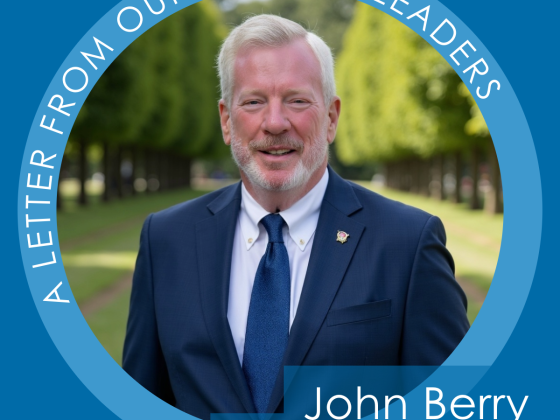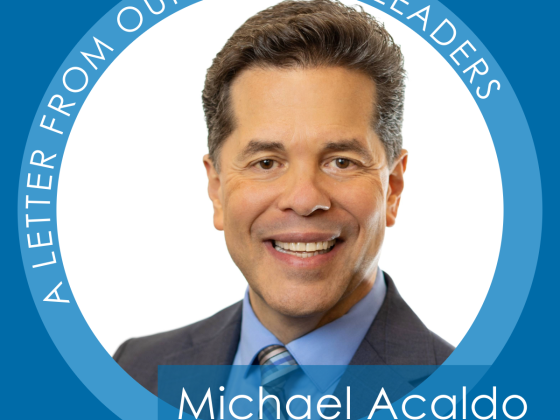We take ZIP codes for granted as a mechanism to get our mail from one place to another more efficiently. What started as five numbers to remember later became nine for presumably better service. Recently, I learned that a ZIP code can say quite a bit about you, and even predict how long you will live!
Social scientists now use ZIP codes to recognize how where you live predicts and/or influences your education options, income, housing costs, food insecurity, personal and property crime rates and much more. Living in one ZIP code versus the neighboring one in another city means that you are likely to live ten fewer years! Seems to me that this would be good to know before buying a new home.
Some Vincentians tell me that “there isn’t much poverty where I live.” This may be somewhat true, although if you squint you can see poverty everywhere. Maybe it’s not the homeowners but the working poor who serve them as housekeepers and landscapers, as well as the workers in nearby stores and restaurants. You may not see people who are homeless in your neighborhood, but they are there. And because they are homeless, they may not show up in the address-based ZIP code or Census tract analysis.
Most of us know our area fairly well. We know that one area is that part of town where we don’t want to conduct a home visit. We don’t even want to drive through the area! Another part of town is where the “rich people” live because we see large homes, or where the DINKs (double income, no kids) hang out at happy hour.
When considering how our Conference and Council can make a greater community impact, such studies of Census tracts and ZIP codes can show us exactly where the need is greatest, confirming or surprising us with what we thought we knew about where we live. These maps are usually available from local government, the library and United Way. Overlay these maps with where our Conferences operate, and we can see if resources match the neediest areas. This can then help us determine where we most need a new Conference, where local Twinning can increase community impact, and where we need to focus our services delivery.
Where is the best location for a food pantry? For a low-cost pharmacy? For a shelter or other housing options? Where will systemic change solutions attract the most potential users? We can go where the “customers” are, our neighbors in need, or we can continue to operate where it is convenient for ourselves and wonder why we don’t make much of a difference. Yes, people in need will travel where they need to go for urgent help. Thrift store shoppers who have fewer affordable retail choices will go where required to save money, versus donors who give out of convenience as often measured from the distance between their homes and the collection center.
Geography matters. As cities grow, we see retail centers move from downtown to the suburbs where big boxes proliferate. Downtowns often are where we see food deserts with little or no access to fresh produce. High school and church enrollments shift with the moving of families with school-age children. Yet because our parish has been in the same location for many decades, it can be easy to ignore the changing community and operating environment around us. Then one day we look around and exclaim “Hey, where did everyone go?”
The ZIP in ZIP code originally stood not for zippy service, but for a Zone Improvement Plan. Imagine what we can do as the Society of St. Vincent de Paul if we took those words to heart, adapting to our changing local world to create meaningful zone improvements where the ZIP codes point us to the most need.
Yours in Christ,
Dave Barringer



When I lived in west Philadelphia where I could walk to work at U Penn, I had to shop at local grocery stores – where the prices were higher than in the suburbs and where prices in-creased on the days when social security checks came in. At that time, I was among the working poor and felt the strain.